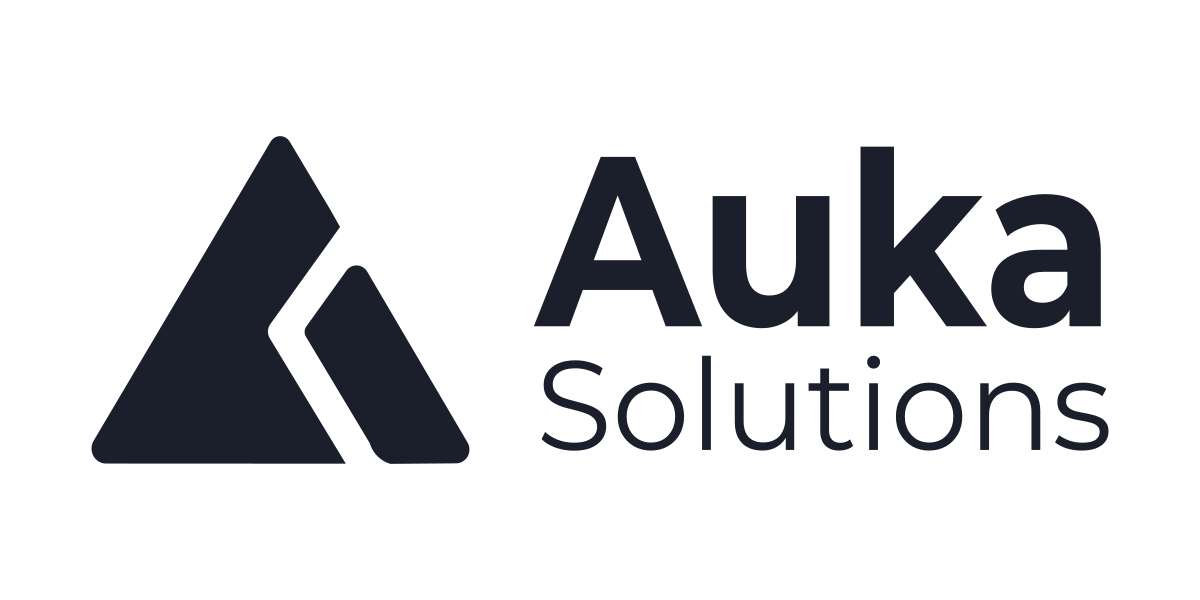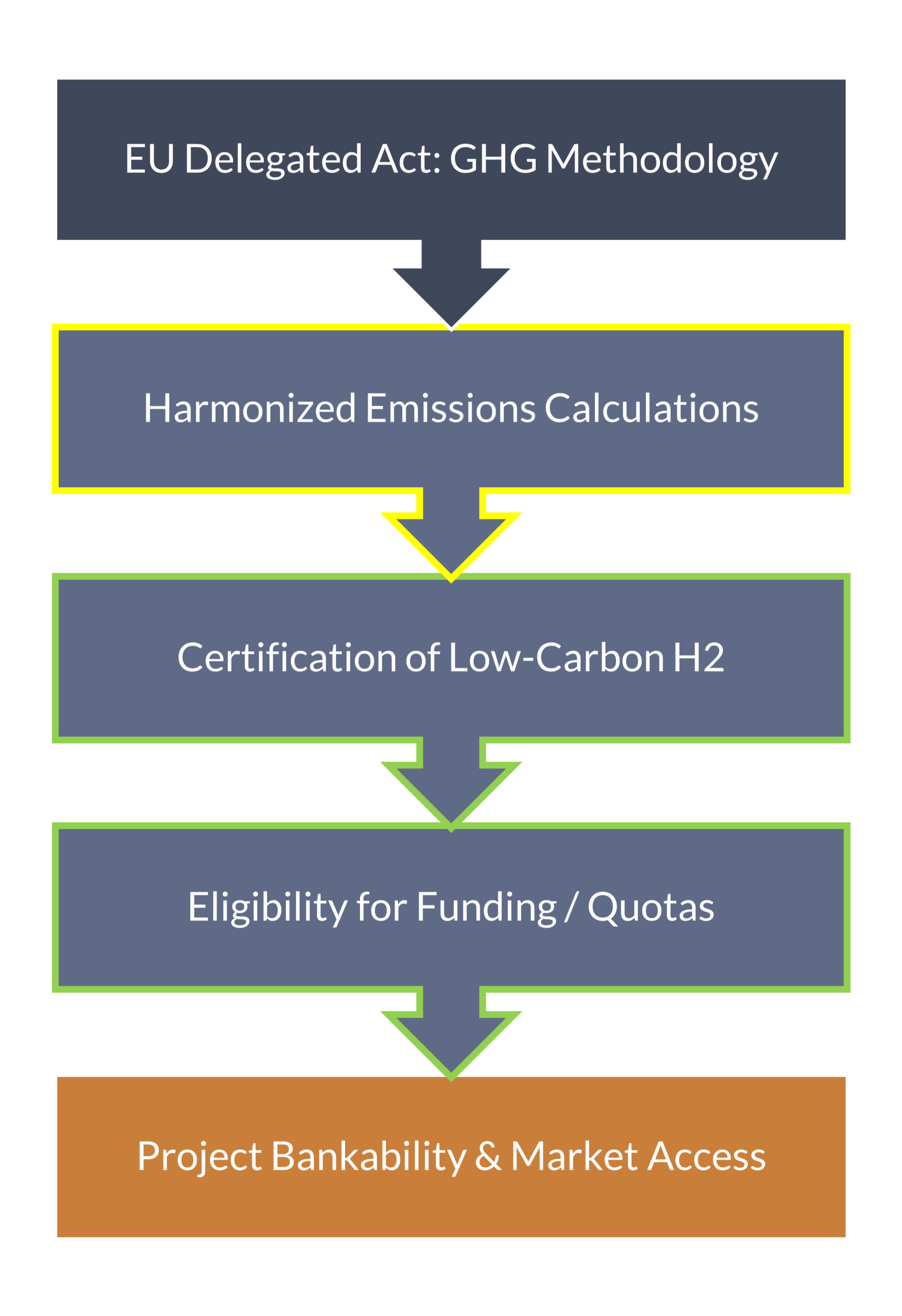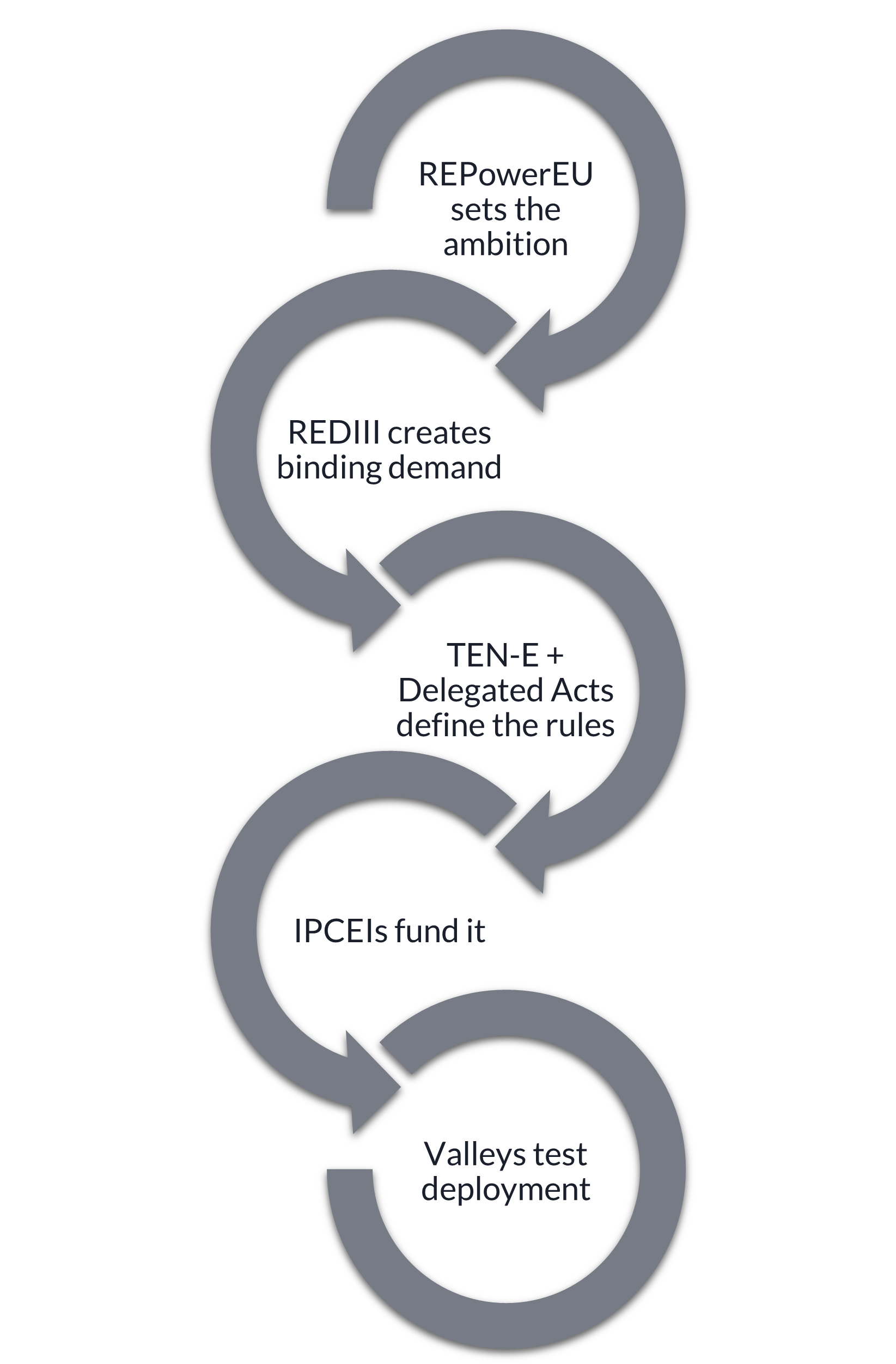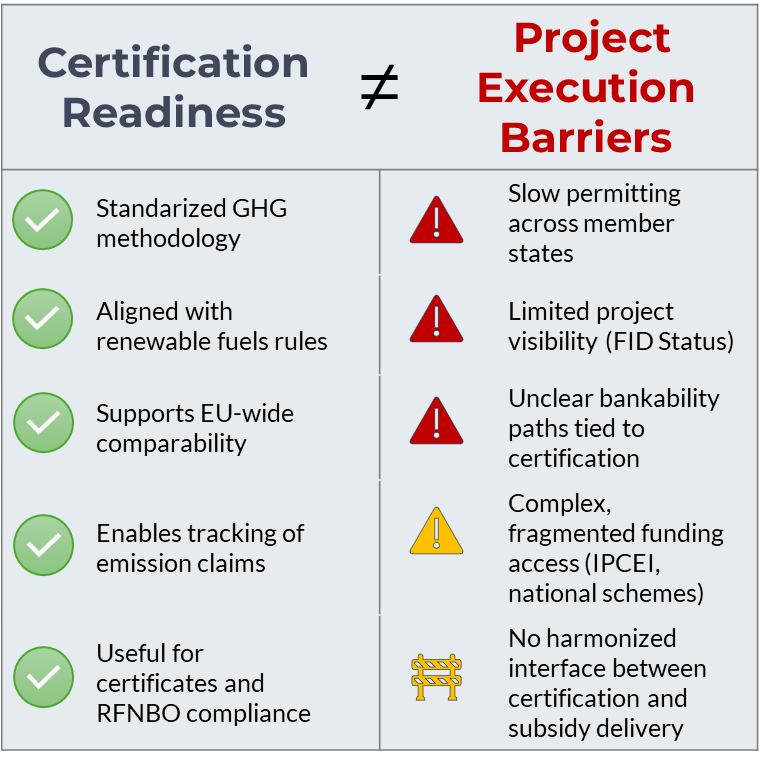Europe’s Hydrogen Plans Just Got Clearer. Now They Need to Get Real.
Quick Take:
The EU just published a Delegated Act standardizing how emissions from low-carbon fuels are calculated — a necessary step for certification and funding.
It brings clarity to what counts, but not to how projects will be delivered.
Germany’s new Hydrogen Acceleration Act shows what faster, execution-oriented policy can look like.
Europe needs both: solid definitions and real-world delivery tools.
On 8 July 2025, the European Commission published a Delegated Act on Greenhouse Gas Emissions from Low-Carbon Fuels, alongside an official press release. The Act introduces a formal methodology to calculate emissions savings from low-carbon fuels — a key requirement under the EU Clean Hydrogen Certification Directive (Directive 2024/1788).
This is a foundational step for Europe’s emerging low-carbon hydrogen market, setting common rules for certification, funding eligibility, and cross-border consistency. But while the regulatory framework continues to evolve, the systems needed to turn plans into operational projects remain underdeveloped.
What the Delegated Act Actually Does
The Act lays out how greenhouse gas (GHG) emissions savings from low-carbon fuels must be assessed:
Based on full life-cycle analysis, including indirect emissions and methane performance profiles of suppliers
Requires accounting for actual carbon capture rates
Recognizes the importance of geological storage and conditions for secure containment
Flags future consideration of low-carbon electricity from nuclear and its interaction with the energy system
Aligns with the methodology for renewable fuels under Delegated Regulation (EU) 2023/1185
Built on consultations with expert groups and public feedback (Sept–Oct 2024)
According to the Commission, “the goal of the methodology is to ensure harmonized, transparent, and credible emissions reporting across all member states.”
This isn’t a project pipeline. It’s a rulebook. And while necessary, standardizing emissions calculations won’t get projects built unless paired with faster permitting, clearer funding, and executable project pipelines.
How This Fits into Europe’s Hydrogen Puzzle
The Delegated Act is just one piece of a much larger policy puzzle. Here’s how the moving parts fit together:
REPowerEU (2022) set the headline goal — 10 Mt of domestic renewable hydrogen and 10 Mt of imports by 2030.
REDIII (Renewable Energy Directive III, 2023) made that ambition binding — with legal quotas for renewable fuels in industry and transport.
Delegated Acts, like this one, define technical criteria — i.e. how to account for emissions.
TEN-E Regulation provides the infrastructure framework — enabling cross-border energy project planning.
IPCEIs (Important Projects of Common European Interest) are the preferred funding channel — megaprojects with public aid exemptions, but high complexity.
Hydrogen Valleys demonstrate local use cases — showing what integrated demand might look like in practice.
In practice: Ambition is high. Execution is lagging.
What’s Still Missing
Even with clear methodology, major delivery gaps remain:
No execution timelines tied to national strategies
No permitting acceleration mechanism at the EU level
No visibility on project maturity or FID timelines
No coherent way to connect certification with bankability
The EU is solving the “what counts” question. But the “how and when” is still up in the air.
Germany Shows a Different Path
While Brussels refines its accounting rules, Germany is rewriting the delivery model entirely.
On 4 July 2025, Germany unveiled its draft Hydrogen Acceleration Act (Wasserstoffbeschleunigungsgesetz). It treats hydrogen pipelines and infrastructure as critical national interest infrastructure.
Key features:
Streamlined Permitting:
The Act introduces measures to speed up the permitting process for hydrogen projects, including granting "overriding public interest" status to climate-neutral hydrogen projects until 2045.
Digitalization:
It promotes the digitalization of administrative procedures, such as online filing of documents and electronic communication between applicants and authorities.
Simplified Procurement:
The Act simplifies procurement procedures for hydrogen-related projects, potentially deviating from some provisions of the German Competition Act.
Early Commencement of Projects:
It facilitates the early commencement of construction and other project activities.
Reduced Environmental Scrutiny:
The Act adjusts the Environmental Impact Assessment Act to streamline scrutiny for certain hydrogen projects.
Amendment of Laws:
It includes amendments to various laws, including the Energy Industry Act, Federal Trunk Roads Act, and Spatial Planning Act, to align with the hydrogen strategy.
Focus on Green Hydrogen:
The Act specifically focuses on accelerating the development of green hydrogen infrastructure, including electrolysers and import terminals.
National Hydrogen Strategy Alignment:
The Act aligns with Germany's National Hydrogen Strategy and Import Strategy, which set ambitious targets for hydrogen production and imports.
In essence, the Hydrogen Acceleration Act is designed to remove bureaucratic hurdles and accelerate the deployment of hydrogen technologies in Germany, contributing to the country's climate goals and the development of a hydrogen economy.
Takeaways
Europe’s hydrogen policy architecture is getting more detailed — and that’s progress. But the gap between regulatory clarity and real-world delivery is still wide.
If the EU wants a functioning hydrogen economy by 2030, it needs to:
Harmonize permitting across member states so infrastructure doesn’t stall at national borders.
Link certification to funding and offtake frameworks so that projects can move from technical compliance to commercial viability.
Prioritize replicable, bankable designs instead of one-off flagship concepts.
Reward real execution — not just regulatory alignment by tracking delivery milestones, not just strategy documents.
The Delegated Act is a key building block. Germany is showing how to pour concrete around it. The rest of Europe now faces a choice: keep fine-tuning the blueprint, or start building at scale.
If you’re navigating these policy shifts or building the next wave of hydrogen infrastructure, let’s connect. Auka Solutions helps translate evolving frameworks into executable project strategies.
🧵 For more dispatches and execution-focused commentary, follow Auka Solutions on LinkedIn.
🔗 Sources: Delegated Act (8 July 2025), EU Press Release, Germany Hydrogen Act (8 July 2025)



